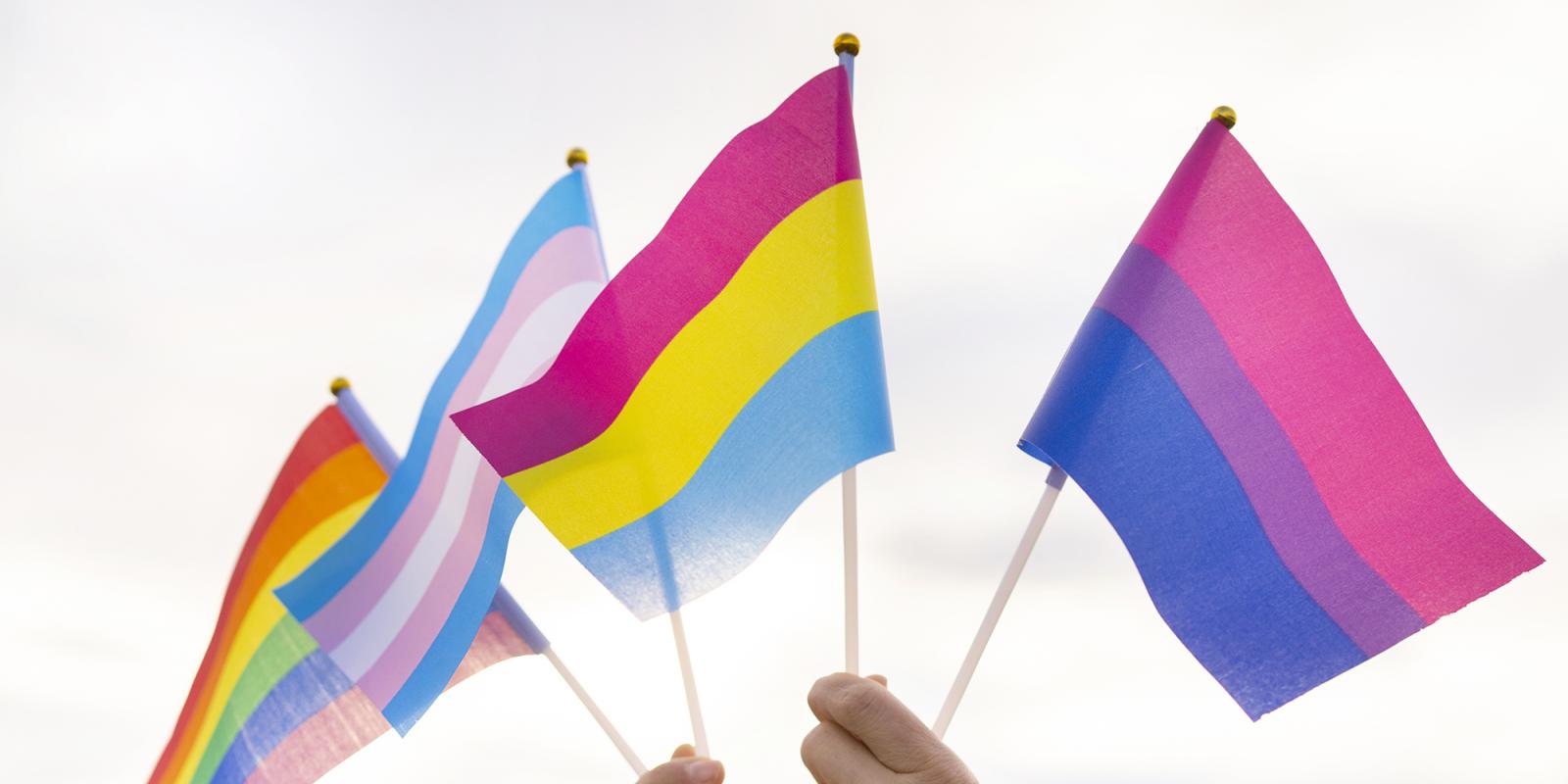Violence against LGBT people, particularly against transgender communities, continues to plague our society. It is an underreported and insidious epidemic, built into systems often deemed neutral. Thankfully, and despite blatant attempts in the past four years to erase LGBT identities, increased advocacy is moving to protect LGBT communities from interpersonal, institutional and cultural violence. Still, often missing from growing awareness and anti-violence organizing is an entire segment of the population—elders.
There are an estimated 3 million LGBT adults older than age 50, and that number is expected by 2030 to grow to around 7 million. With increased awareness of the ways intergenerational trauma can be transmitted even through DNA, we are beginning to understand the ways in which identity-based harm can affect entire communities’ health and wellness.
Many older adults came of age at a time when there was great prejudice and violence against LGBT people. The medical label of mental illness validated prejudice, and the use of conversion therapy and other cruel deprogramming procedures normalized harm at the hands of medical professionals, clinicians and other institutions of “care.”
To make matters worse, discrimination and systemic erasure manifests in an invisibility in data collection, as LGBT identities have not historically been captured in surveys, medical trials or research. The lack of data, then, is the data—it exacerbates invisibility.
This history may make people less willing to be open about their sexual orientation or gender identity. Stigma and massive loss due to HIV; rejection by families of origin; physical violence at the hands of loved ones, strangers or the police; government-condoned or initiated job loss, pay inequity or being outright barred from employment with no legal recourse; a lack of non-pathologizing medical services; housing discrimination; and the compounded violence and barriers faced by BIPOC elders all have impacted the aging LGBT community.
LGBT elders carry these experiences and may develop their own survival mechanisms and protections, often manifesting in a sense of personal privacy and deep-rooted distrust of systems, even those systems intended to support them. This commonly erased history affects medical and provider mistrust. We see older adults heading back into the closet when it comes time to enter an assisted living facility or nursing home, as they are terrified of potential treatment by staff or neighbors.
All of these factors have led to disproportionate rates of poverty, disengagement from medical care and high rates of isolation, ending in disparate physical and mental health outcomes that often catch up to us as we age. We see this manifested in long-term and chronic health challenges. Oppression, as we are learning, literally makes us sick.
Sydney Kopp-Richardson is director of SAGE’s National LGBT Elder Housing Initiative in New York City.













